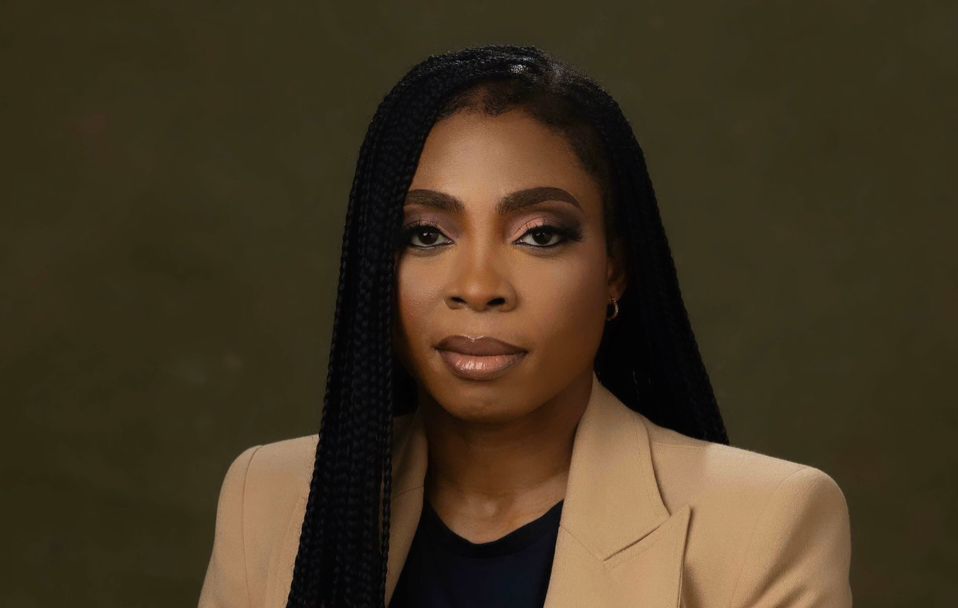 The Economic Community of West African States (ECOWAS) Woman and Youth Ambassador, Sonnia Agu has insisted that women play a critical role in changing the nation’s narrative.
The Economic Community of West African States (ECOWAS) Woman and Youth Ambassador, Sonnia Agu has insisted that women play a critical role in changing the nation’s narrative.
Agu stated this at the second Inter-Party Advisory Council (IPAC) policy roundtable in collaboration with the Westminster Foundation for Democracy (WFD). The event was held at the Shehu Yar’adua Centre, Abuja.
Speaking at the event with the theme: “64 years of independence, inclusive democracy, and options of special seats for women,” she recalled a meeting with The Gambia president in 2015 where a few young persons were invited.
To her, “the take home for me was that in The Gambian law, it was stated that 30 per cent of women and youths must be represented.” She argued this could be replicated in Nigeria with 30 per cent representation of women and youths in the cabinet.
Agu, who is also the founder and CEO of The Sapio Club and G1st International Foundation, expressed optimism that if implemented, it would address most of the nation’s issues.
In a communiqué jointly signed by IPAC Chairman and National Secretary, Yusuf Dantalle and Maxwell Mgbudem respectively, other recommendations at the roundtable include: inclusive party structures to ensure party leadership and decision-making bodies have equal representation of women and men; allocation of special seats to women in the National Assembly and State Houses of Assembly to address historical underrepresentation.
The participants added there is a need to commend the National Assembly for introducing the Constitution Alteration Bill for Special Seats for Women, sponsored by Deputy Speaker, Benjamin Kalu and 12 others.
The Bill seeks to amend the 1999 constitution, provide seat reservations for women in the National and State Assemblies; deliberate measures must be taken to ensure visibility and representation of marginalised groups, like women, minorities, and people with disabilities; decentralisation of Power, to give lower levels of government and the people some involvement and control, so that decision making is not dominated by a distant elite or core majority groups and interests; deliberative democracy, which encourages wider deliberative processes, wherein diverse perspectives are brought to bear on the making decisions process and equitable policies that reflect holistic interests of the population, in the electoral reforms that will promote inclusive representation.
Accordingly, the participants also said political parties should make it a matter of policy to implement candidate quotas to ensure that a certain percentage of candidates are women; investing in building capacity to provide leadership training, financial resources, and networking opportunities to support female politicians; political parties should ensure policies and programmes are inclusive and responsive to the needs of all citizens, regardless of gender, ethnicity, or socio-economic status.
The roundtable suggested temporary special measures to reserve women-only seats, enabling women to compete in a skewed political environment should be implemented; deliberate collaborations that will foster dialogue and cooperation among stakeholders, including civil society organisations, government institutions, and all political parties, to promote inclusive democracy should be encouraged; Community Based Organizations (CBOs), Faith based Organizations (FBOs), Non-Governmental Organizations (NGOs), and Civil Society Organizations (CSOs), must be brought on board to facilitate the achievement of more inclusivity; need for women to intensify efforts to claim their pride of place in the critical space; need for existing women organisations to review and take stock of their achievements, with a view to achieving more results relative to their aims and objectives, as well as evaluation of women affairs to provide advisory and direction for more inclusivity and women participation; need to domesticate issue of inclusivity and taking back to the grassroots with a deliberate and intentional structure like the creation of a permanent directorate for women in various institutions for affirmative action.
They further Identified obstacles that hinder women’s participation in politics, such as cultural and social norms, lack of access to education and resources, and violence against women should be consciously addressed by the government; strong appeal to the President to increase and reflect the 35% women participation of women in his cabinet and governance structure; women organisations and indeed all critical stakeholders should lobby and appeal to the President to support the crusade for more participation of women; need for re-orientation and mindset reset of women in order to confront inherent and inevitable challenges in politics.
In conclusion, participants commended governors who are gender sensitive in their appointment, and challenged others to emulate them. They also canvassed support for IPAC to sustain the drive and conversation of these sorts to facilitate and fast track achievement of equitable inclusivity and deepening of democracy.






